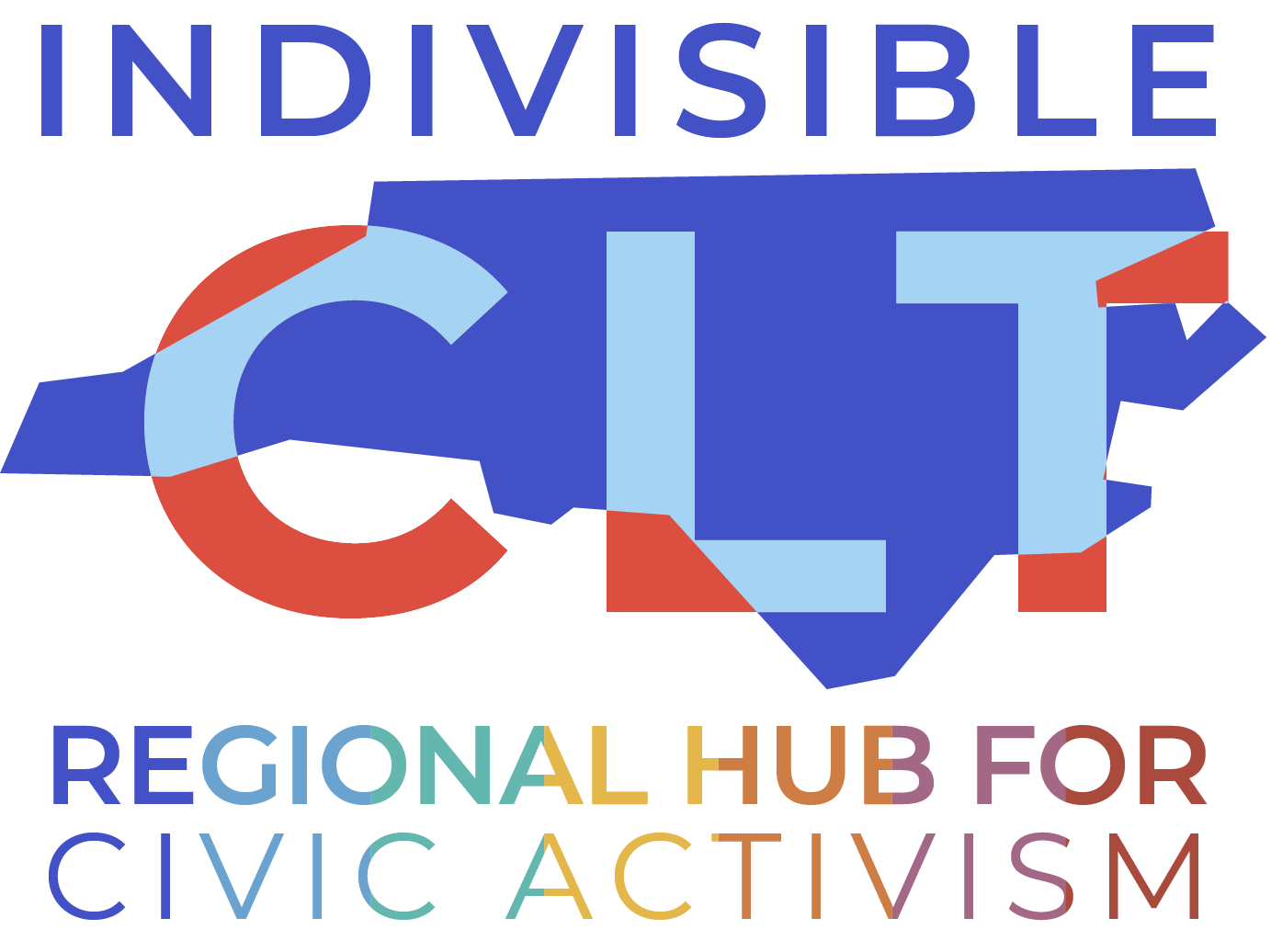Much has been written and said about Mike Johnson in the weeks since he became Speaker. Here’s a recap of his background, what he stands for, what challenges he faces, and the implications of his speakership.
Who is Mike Johnson?
Johnson has served nearly seven years in Congress representing Northwest Louisiana (Shreveport is the major city). He’s never Chaired a committee or been the primary sponsor of any successful legislation. He held a minor role as Chair of the Republican Study Committee, which is a caucus of conservative Republican House members that advocates socially conservative legislation, supports gun rights, and favors significant cuts in non-defense spending.
Johnson was elected because many in the Republican Caucus were tired of the embarrassing search for Kevin McCarthy’s replacement and Johnson had fewer enemies than the other candidates. Former President Trump’s endorsement also helped his candidacy. Despite the opposition by more moderate members to various Speaker candidates , in the end they selected a pro-Trump Conservative: his Congressional supporters have nicknamed him “MAGA Mike.”
Johnson believes that the bible should be applied to public affairs. He’s done work for the Alliance Defending Freedom, a well-organized conservative Christian legal advocacy group that works to expand Christian practices in public life. The group is anti-abortion and challenges LGBTQ rights. Johnson has called homosexuality a “dangerous lifestyle,” opposes same-sex marriage and supports a national abortion ban.
The Speaker voted against certifying the 2020 Election and lobbied the House Republican Caucus to support an unsuccessful lawsuit invalidating the electoral college results in several states that President Biden won. Johnson claims to be a strong supporter of Israel; but is less supportive of military aid for Ukraine. He is a strong supporter of the NRA and dismisses climate change.
So, what challenges will Johnson face and what are the implications of his selection as Speaker?
Major challenges:
The fractious Republican caucus - Recent Republican Speakers have had a difficult time holding the Republican caucus together. A motion to vacate the Speaker’s chair can be proposed by any member and discourages building coalitions with the opposition. This makes the Speaker’s task impossible, since the Republicans’ slim majority requires near unanimity to get anything done. Johnson’s limited experience in Congressional leadership will likely force him to rely more heavily on core MAGA Republicans.
Funding the government - The current continuing resolution temporarily funding the government is set to expire on November 17th. Failure to pass a long-term funding package (or another temporary funding measure) will shut down the government, which will undermine the military, national security, social programs and could weaken economic growth. Johnson voted against the current continuing resolution, but he’s shown signs that he may need another extension beyond November 17, since the clock is ticking. Any funding deal needs to pass the House and the Senate, which supports the previously negotiated deal with the Biden Administration.
National Security Proposal - Also at stake is the $105 billion national security spending package the Administration recently requested including funding for Ukraine, Israel, anti-China influence in Asia (i.e., Taiwan), the immigration crisis, and humanitarian aid to Gaza. Speaker Johnson has recently introduced a supplemental appropriations bill for $14.3 billion in aid to Israel only, in return for a corresponding reduction in IRS funding provided under President Biden’s signature Inflation Reduction Act. This is confusing since it ties support to an ally to fiscal responsibility and the IRS funding was aimed at enhancing tax collections. According to the Congressional Budget Office, reducing IRS funding may actually increase the deficit. The proposal is contrary to Republican Senate Leader Mitch McConnell’s position to provide aid to both Ukraine and Israel.
Implications:
Campaign Fundraising - One of the major roles of the Speaker in the run-up to a Congressional Election is to raise money to support Republican Congressional campaigns. Johnson’s lack of an effective fundraising network may make this difficult or slow the pace of fundraising
Two Heart Beats Away - The Speaker of the House is second in line to succeed the President in the event President Biden and Vice President Kamala Harris cannot serve.
Role of the Speaker in Counting Electoral Votes - The Speaker has important powers over the function of the House of Representatives; but worries that Johnson might interfere with the vote count are less plausible, since the President of the Senate (sitting Vice President Kamala Harris) presides over the Congressional electoral vote count. If the Republicans remain in control of the House after the 2024 election (and Johnson remains Speaker), the Republicans could organize an objection to the count, but would face more challenges than in 2021 due to The Electoral Count Act, passed after the events of January 6th.
Social Issue Implications - Johnson’s support for abortion bans and distaste for gay marriage and gun control, may affect support for Republican candidates in certain marginal Congressional districts.
2024 Election - As Speaker, Johnson will likely be dedicated to furthering former President Trump’s conservative/MAGA agenda. American First Populists and the Heritage Foundation are organized and working to ensure that if Trump is elected in 2024, the focus will be aimed at furthering the party’s isolationist and socially conservative views. (See details here on the MAGA agenda)
Interested in more on the MAGA agenda or article sources? Visit here.
(Briefing compiled by ICLT member, Marshal Auron. Thank you, Marshal!)

